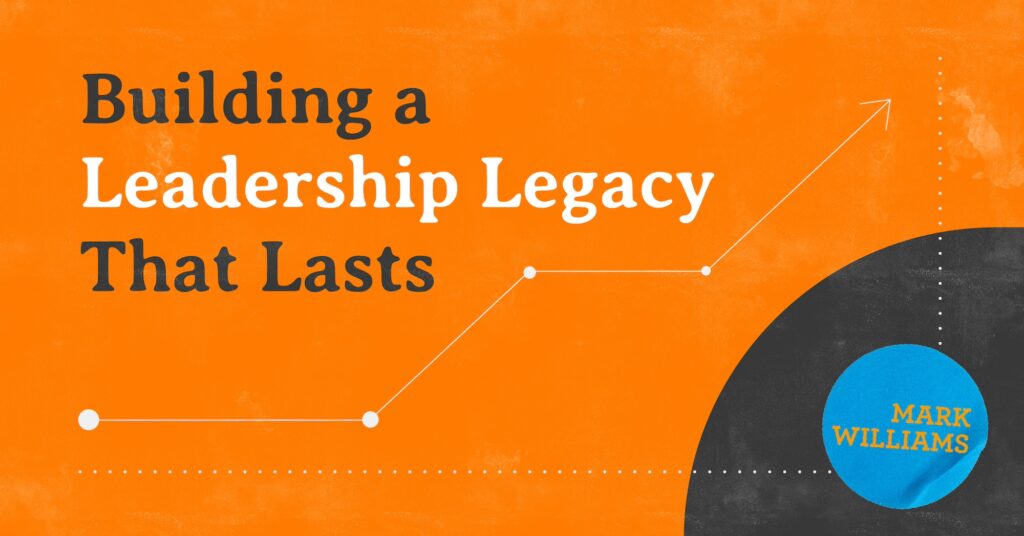
10.15.24
Building a Leadership Legacy that Lasts
When we think about leadership, it’s easy to focus on immediate results—the quarterly profits, the successful projects, the tangible achievements.

When we think about leadership, it’s easy to focus on immediate results—the quarterly profits, the successful projects, the tangible achievements.
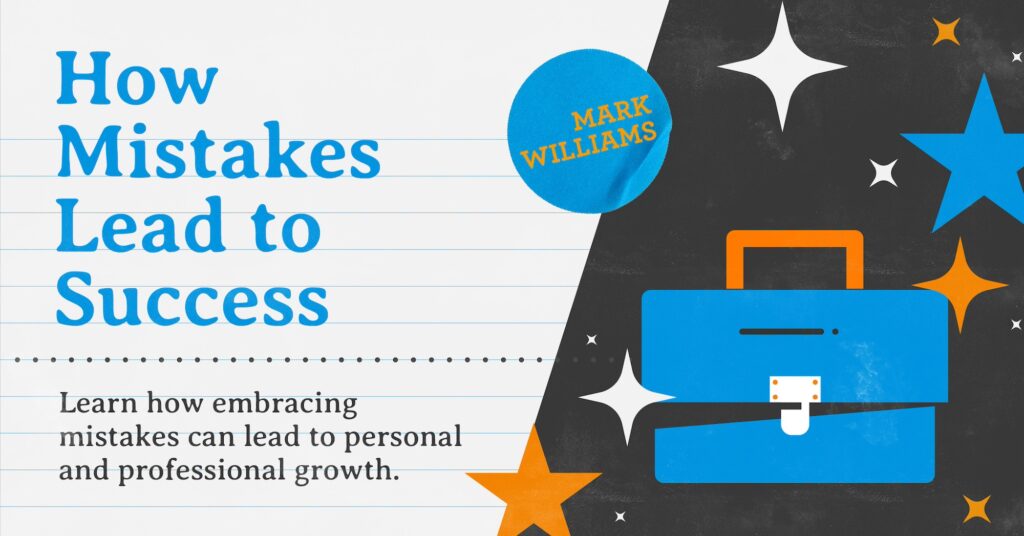
Mistakes are often seen as setbacks, but in reality, they are some of the most valuable learning opportunities we can encounter.
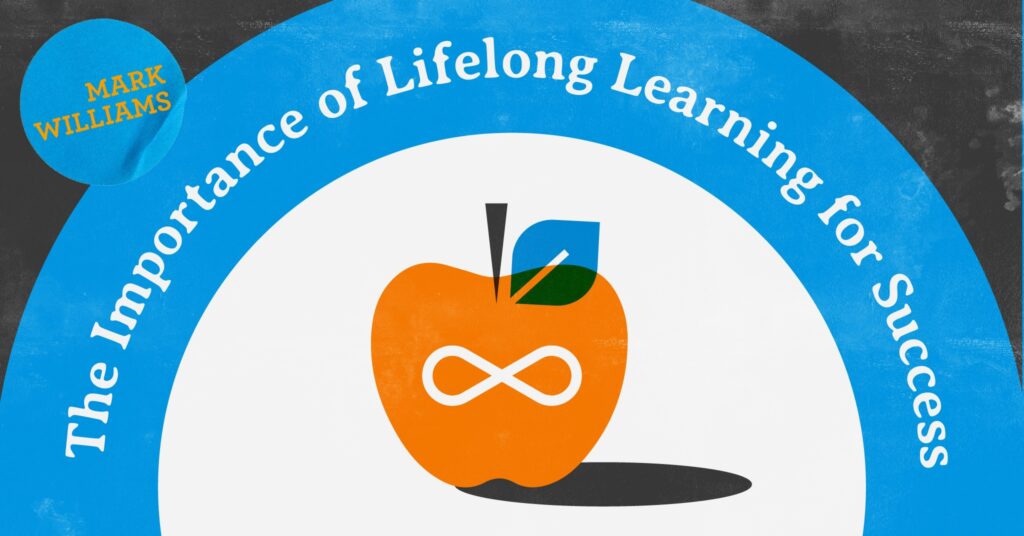
With how fast things change these days, lifelong learning isn’t just a buzzword—it’s something we all need to embrace. Whether you’re a fresh graduate just entering the workforce or a seasoned professional with decades of experience, the importance of continual education cannot be overstated.
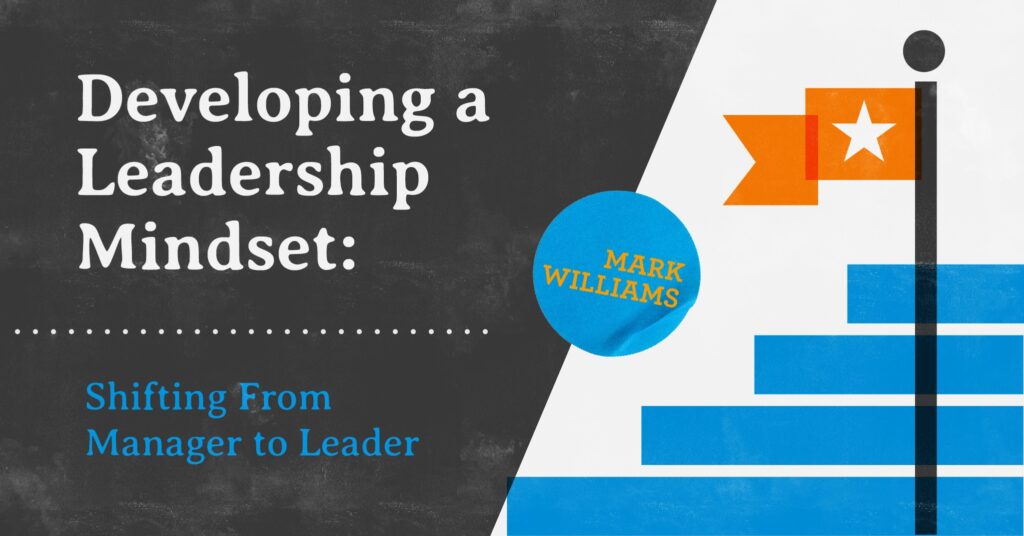
Transitioning from a manager to a leader is more than just a change in title; it’s a fundamental shift in mindset and approach.
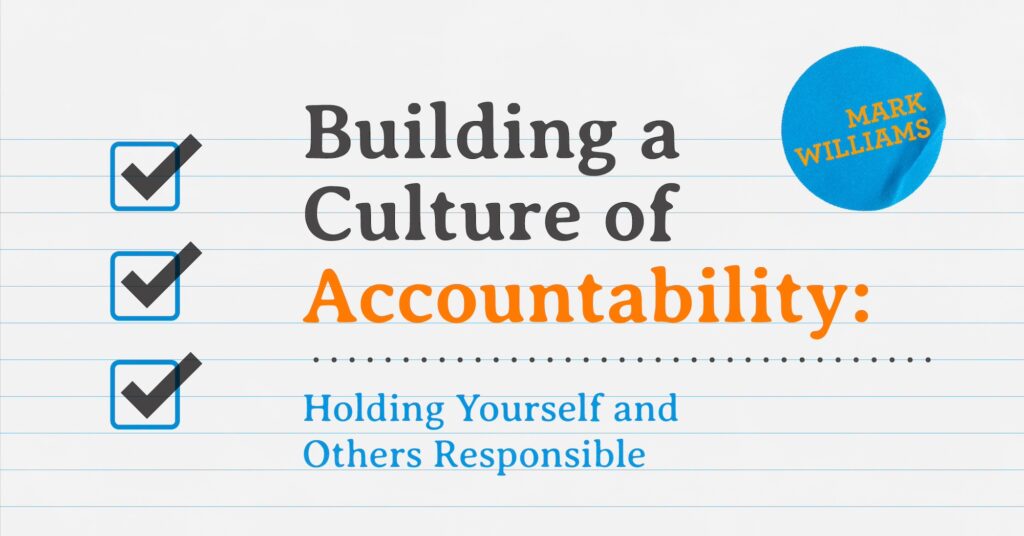
Cultivating a culture of accountability is the secret sauce for driving personal excellence and organizational victory. Accountability isn’t just a buzzword; it’s a crucial practice that ensures everyone is responsible for their actions, contributing to a more productive and positive workplace. Let’s explore how to build and sustain this culture by holding ourselves and others accountable.
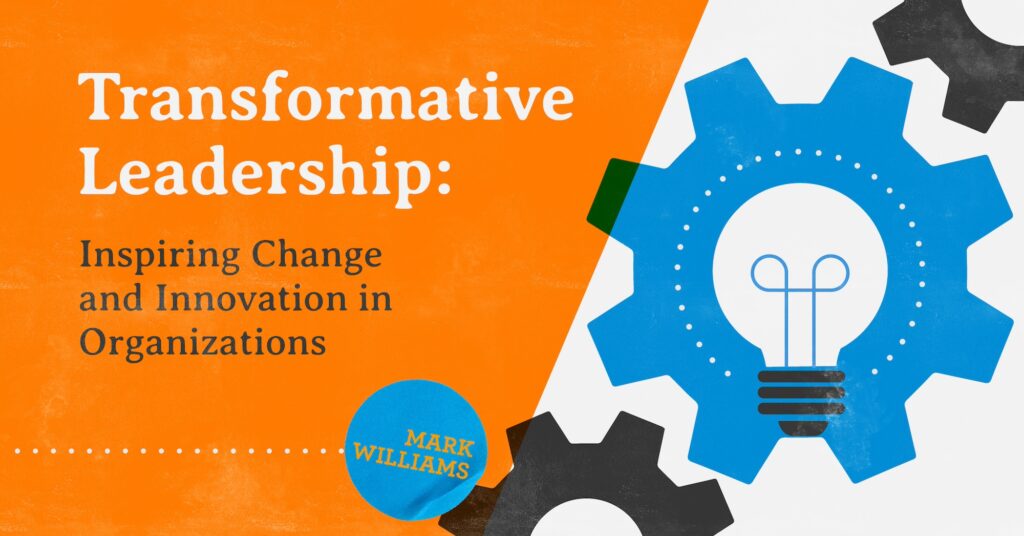
With the fast-paced nature of business these days, transformative leadership stands out as our guide for driving change and igniting new ideas. This style of leadership goes beyond traditional management techniques, focusing on empowering and motivating employees to exceed their expectations and drive the organization toward unprecedented success.
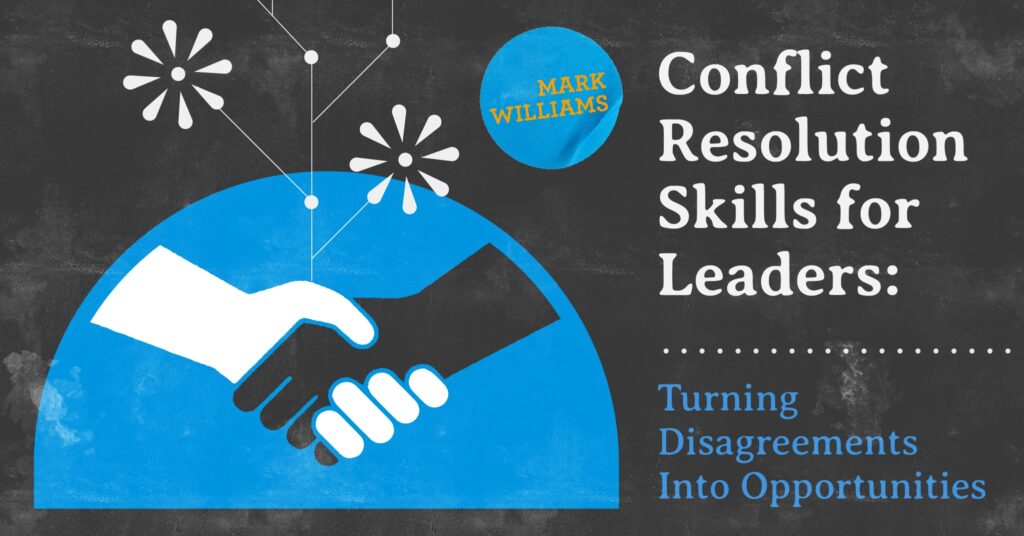
Let’s talk about something that often gets a bad rap in the workplace: conflict. Yep, you heard me right. Conflict isn’t always a bad thing—in fact, when handled well, it can be a powerful catalyst for growth and innovation.
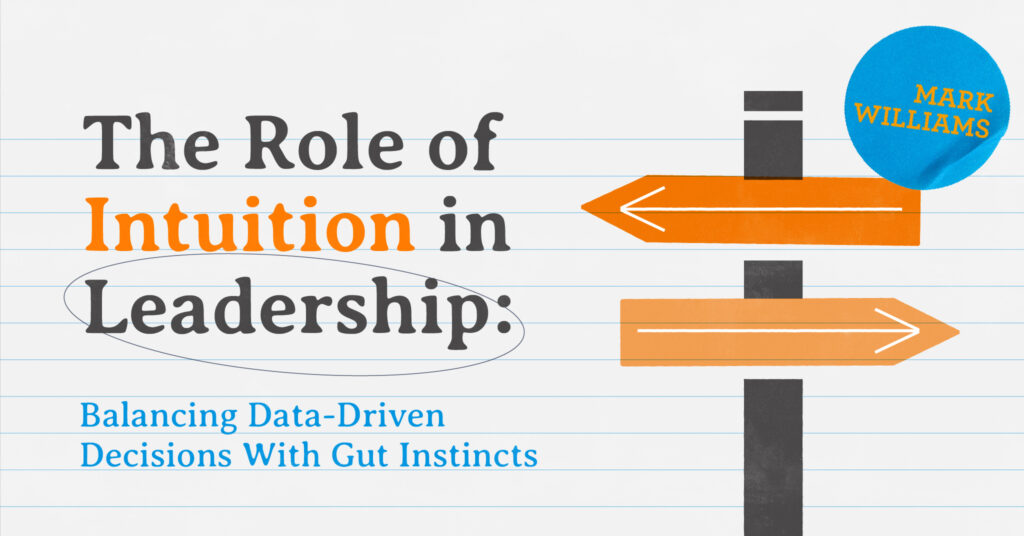
The interplay between data-driven decisions and gut instincts is a perennial topic of discussion. While data provides valuable insights and guides strategic direction, intuition serves as a compass navigating the uncertainties of the human experience.
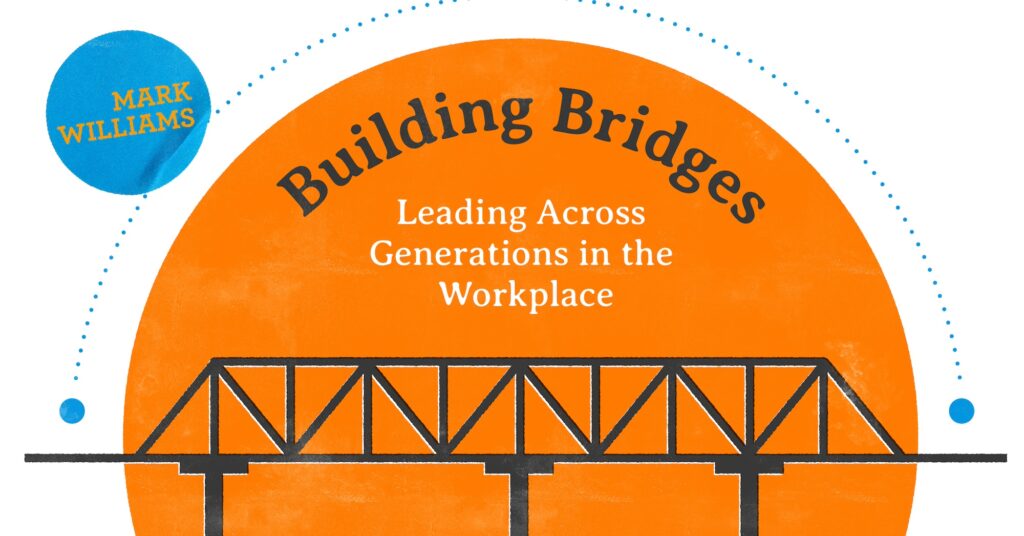
In today’s diverse workforce, leaders are tasked with navigating the intricate landscape of multiple generations working side by side. It’s a challenge that requires not just understanding, but empathy and adaptability. Leading across generations isn’t about erasing differences; it’s about building bridges that connect, inspire and empower every member of your team.
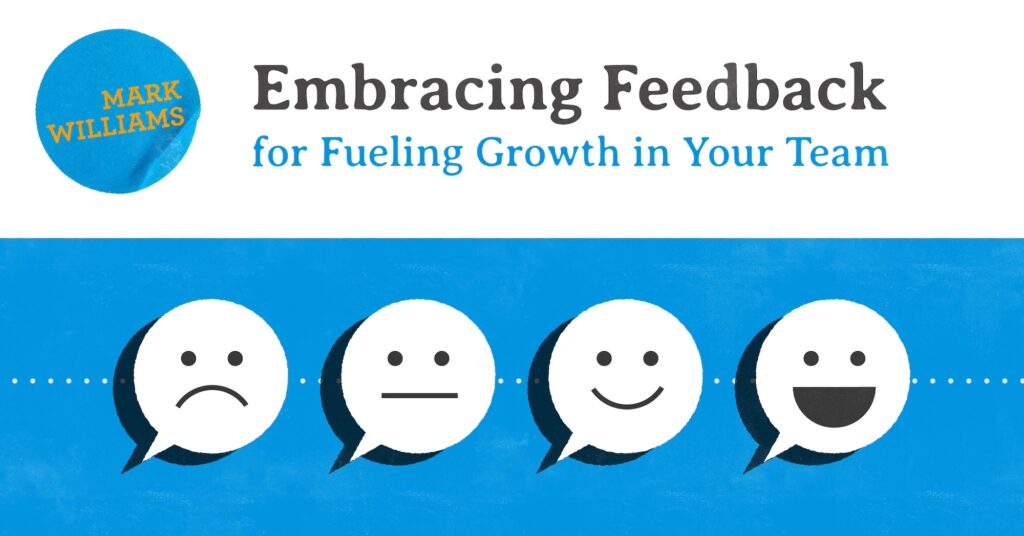
In the journey of leadership, there’s a potent tool often overlooked or mishandled: feedback. It’s not just a mere exchange of opinions; it’s the cornerstone of growth, both individually and collectively. As leaders, our role extends beyond steering the ship; it’s about nurturing an environment where feedback isn’t feared but embraced—a culture where growth is the norm.

Dive into the world of personal branding with Mark Williams on the She Sells Podcast, hosted by Elyse Archer. In this engaging episode, Mark shares invaluable insights and strategies on harnessing the power of personal branding to stand out in today’s competitive landscape.
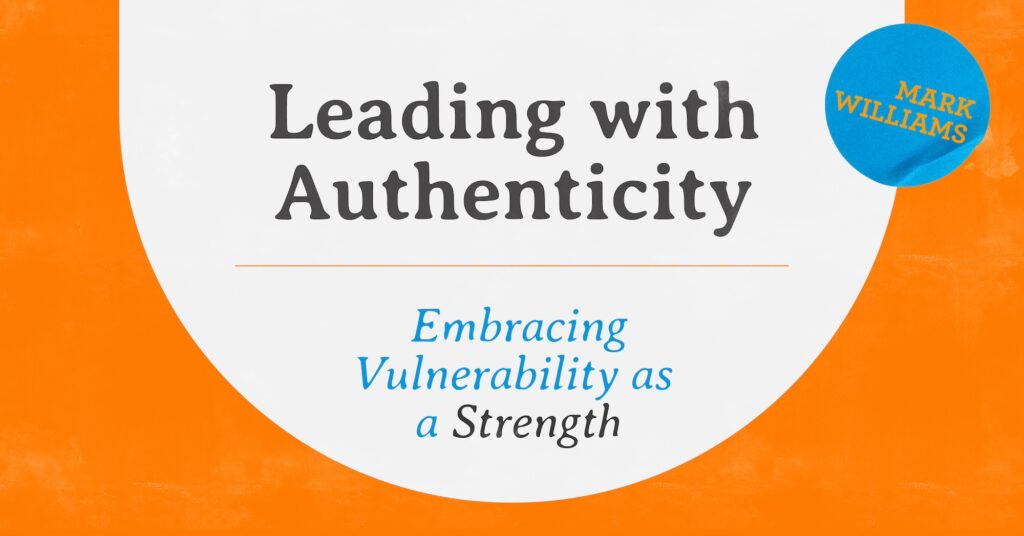
Authentic leadership is rooted in genuineness, transparency and a deep sense of self-awareness. It involves aligning your actions with your values and beliefs while fostering genuine connections with those you lead.